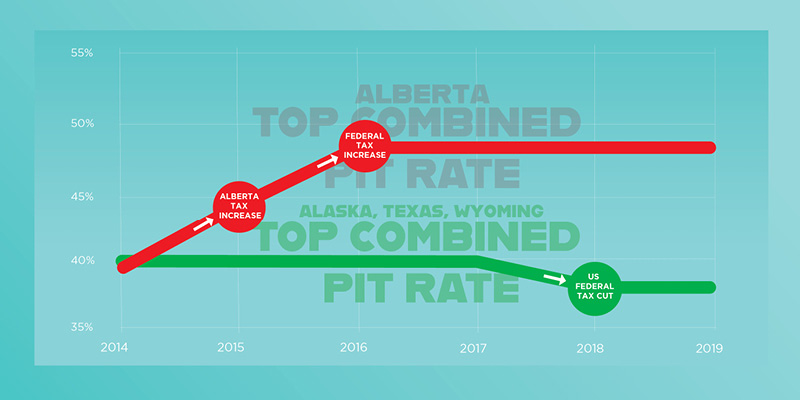 Executive Summary
Executive Summary Read the Full Publication
Read the Full Publication Introduction: The 1995 Budget, 25 Years On
Introduction: The 1995 Budget, 25 Years On Chapter 1: The Path to Fiscal Crisis
Chapter 1: The Path to Fiscal Crisis Chapter 2: Spending Reductions and Reform
Chapter 2: Spending Reductions and Reform Chapter 3: How the Chrétien-Martin Budgets Cut Corporate Welfare in the Mid-1990s
Chapter 3: How the Chrétien-Martin Budgets Cut Corporate Welfare in the Mid-1990s Chapter 4: Budget 1995 and Welfare Reform
Chapter 4: Budget 1995 and Welfare Reform Chapter 5: Effective, Flexible, and Affordable
Chapter 5: Effective, Flexible, and Affordable Chapter 7: Budget 1995 as the Foundation for Personal Income and Capital Gains Tax Relief
Chapter 7: Budget 1995 as the Foundation for Personal Income and Capital Gains Tax Relief Chapter 6: Chrétien's Fiscal Anchor
Chapter 6: Chrétien's Fiscal Anchor Chapter 8: Corporate Tax Reform Since 2000 and its Aftermath
Chapter 8: Corporate Tax Reform Since 2000 and its Aftermath  Chapter 9: Replacing a Vicious Fiscal Circle with a Virtuous One
Chapter 9: Replacing a Vicious Fiscal Circle with a Virtuous One Read the News Release
Read the News Release






